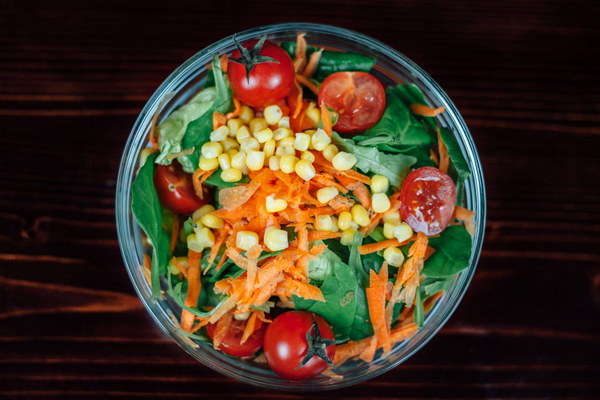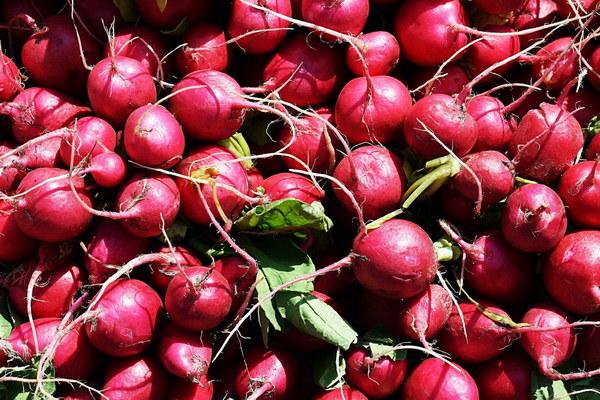How to Nourish Your Liver and Kidneys While Taking Western Medications
In today's fast-paced world, Western medications have become an integral part of our lives, helping us manage various health conditions. However, these medications can sometimes take a toll on our liver and kidneys, leading to potential complications. It is essential to take proper care of these vital organs while on medication. Here's a guide on how to nourish your liver and kidneys while taking Western medications.
1. Stay Hydrated
Drinking plenty of water is crucial for maintaining kidney health. Adequate hydration helps filter out waste products and toxins from the body, reducing the risk of kidney stones and other kidney-related issues. Aim to drink at least 8-10 glasses of water daily.
2. Limit Caffeine and Alcohol Intake
Both caffeine and alcohol can strain the liver and kidneys. Try to limit your caffeine consumption and avoid alcohol altogether while on medication. If you cannot give up caffeine, opt for decaf options and limit your intake to one or two cups per day.
3. Eat a Balanced Diet
A well-balanced diet rich in fruits, vegetables, whole grains, lean protein, and healthy fats is essential for liver and kidney health. Incorporate the following nutrients into your diet:
- Antioxidants: Berries, spinach, kale, and carrots are rich in antioxidants that help protect your liver from oxidative stress.
- Omega-3 Fatty Acids: Fish, flaxseeds, and chia seeds contain omega-3 fatty acids that support kidney function and reduce inflammation.
- B Vitamins: Leafy greens, nuts, and legumes are excellent sources of B vitamins, which are essential for liver health.
- Magnesium: Foods like avocados, almonds, and dark chocolate can help maintain kidney health.
4. Avoid Over-the-Counter (OTC) Medications

Some OTC medications can be harmful to your liver and kidneys, especially if taken in excess. Always consult with a healthcare professional before starting any new medication, including OTC drugs.
5. Exercise Regularly
Regular physical activity can improve overall liver and kidney function. Aim for at least 150 minutes of moderate aerobic exercise or 75 minutes of vigorous aerobic exercise per week, along with strength training exercises twice a week.
6. Manage Stress
Stress can exacerbate liver and kidney problems. Find healthy ways to manage stress, such as meditation, yoga, or engaging in hobbies you enjoy.
7. Get Regular Check-Ups
Regular visits to your healthcare provider are essential for monitoring your liver and kidney function while on medication. Your doctor can order blood tests to check your liver enzymes and kidney function, and they can provide guidance on how to manage any potential issues.
8. Consider Supplements
In some cases, your healthcare provider may recommend supplements to support liver and kidney health. Common supplements include milk thistle, alpha-lipoic acid, and N-acetyl cysteine. However, it is crucial to consult with a healthcare professional before starting any new supplement, as some may interact with your medication.
Remember, taking care of your liver and kidneys while on Western medications is essential for maintaining overall health and well-being. By following these guidelines, you can help protect these vital organs and minimize the risks associated with medication use.









